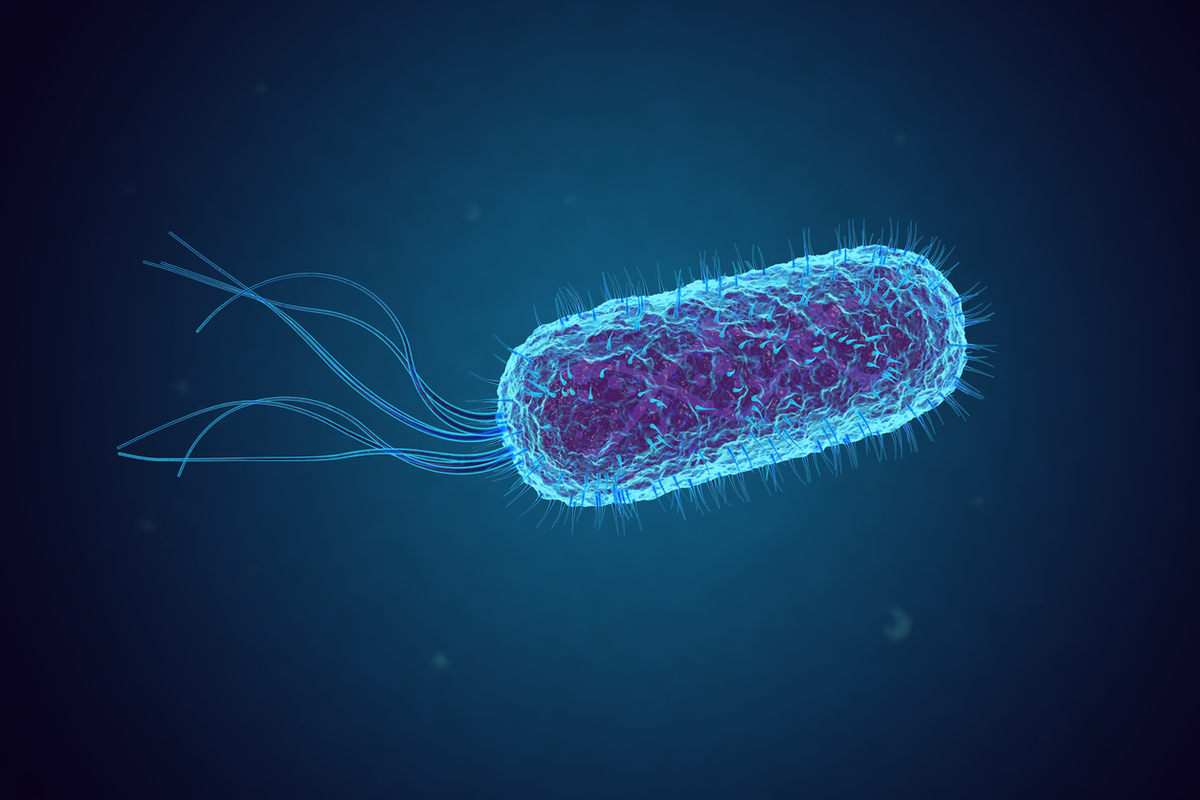
Bioengineered Bacteria to Produce Electricity from Wastewater
September 13, 2023| |
Researchers from École Polytechnique Fédérale de Lausanne (EPFL) in Switzerland successfully engineered Escherichia coli (E. coli) bacteria to generate electricity from wastewater through extracellular electron transfer (EET). In this process, the bioengineered bacteria produces electricity by metabolizing a variety of organic substrates.
E. coli is a type of bacteria that is commonly found in the intestines of humans and animals. It grows in a wide range of environments including wastewater. This paved the way for the researchers to study the bioengineered bacteria from wastewater in a local brewery in Lausanne, Switzerland.
To increase its ability to produce electricity, components from Shewanella oneidensis MR-1, a famous bacteria for generating electricity, were integrated to create a complete EET pathway consisting of the inner-membrane CymA, periplasmic small tetraheme cytochrome (STC), and outer-membrane Mtr complex. The findings of the study are a noteworthy success in bioelectric research that has not been achieved ever before.
Aside from waste management and energy production, these bioengineered bacteria have further implications in microbial fuel cells, electrosynthesis, and biosensing applications.
For more information, read the paid article from Joule.
| |
You might also like:
- Texas A&M Researchers Engineer Good Bacteria to Aid in Combating Disease
- Engineered Bacteria Produce All Colors of the Rainbow
- Metabolic Engineering of E. coli for N-Butanol Production
Biotech Updates is a weekly newsletter of ISAAA, a not-for-profit organization. It is distributed for free to over 22,000 subscribers worldwide to inform them about the key developments in biosciences, especially in biotechnology. Your support will help us in our mission to feed the world with knowledge. You can help by donating as little as $10.
-
See more articles:
-
Plant
- Starch Discovery has Benefits for Brewing, Baking, and Milling industries
- All You Need to Know on Gene Editing in One Booklet
- ISAAA Inc. Conducts Training of Trainers on Science Communication
-
Animal
- Scientists Take a Step Closer to Growing Human Organs for Transplants
-
Food
- Pakistan President Appoints Kauser Malik as Federal Minister
-
Environment
- Study Reveals Ag Tech Can Cut Greenhouse Gas Emissions
- Bioengineered Bacteria to Produce Electricity from Wastewater
-
Read the latest: - Biotech Updates (February 18, 2026)
- Gene Editing Supplement (January 28, 2026)
- Gene Drive Supplement (February 22, 2023)
-
Subscribe to BU: - Share
- Tweet

